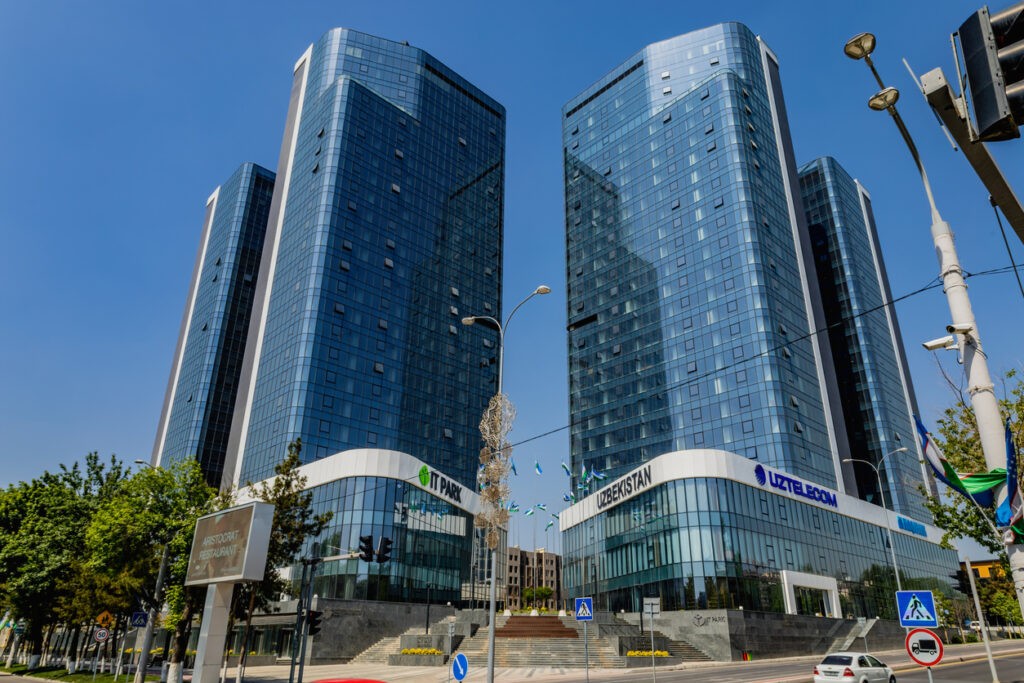Nursultan Nazarbayev Stripped of Academy of Sciences Membership
News that the first president of Kazakhstan, Nursultan Nazarbayev, has been stripped of his status as a member of the Academy of Sciences of Kazakhstan, was announced by Minister of Science and Higher Education, Sayasat Nurbek.
Nurbek explained that in 2023, Kazakhstan’s current president, Kassym-Jomart Tokayev, decided to create a new Academy of Sciences with just nine members and in the process, ‘reset’ the status of former academy members.
Nursultan Nazarbayev was awarded the status of academician of the Academy of Sciences of Kazakhstan in 1995 and in 2011, whilst participating in a scientific forum at the academy, received the honourable title of “Scientist of the Century.”
The loss of his membership of the academy is the most recent example of Nazarbayev’s fall from grace. In July last year, he was deprived of his position as head of the supreme board of trustees of autonomous educational organizations. Then, this spring, a waxwork of the first president, installed six years ago in the State Military History Museum of the Armed Forces of Kazakhstan in Astana, disappeared. Previously, the monument to Nursultan Nazarbayev, inaugurated on his 80th birthday in 2020, was dismantled from the territory of the National Defense University in Astana, in tandem with the removal of another memorial to the man from the National Museum.






